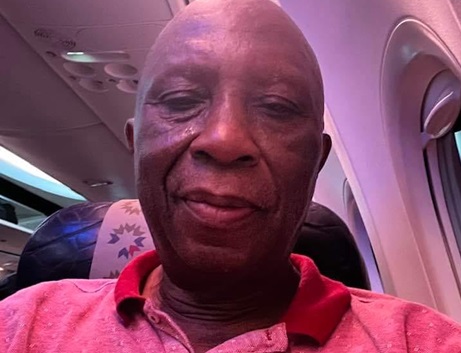In a thought-provoking commentary, Samuel P. Jackson, a Development Consultant, highlights the importance of a government’s willingness to endure pain and bear the cost as the first indications of its seriousness in bringing about change in a country. Jackson raises concerns about the Boakai Administration’s approach, stating that while it imposes pain and suffering on the poor, it fails to demand sacrifices from its top officials.
Jackson points out that the administration is laying off and removing street sellers, obstructing transportation for the poor, and subjecting low-income workers such as EPS officers, Executive Mansion employees, volunteers in slums and rural areas, teachers, nurses, and Pehn pehn and keke drivers to hardships. However, he notes that no sacrifices have been made by the fat cat bureaucrats who hold influential positions within the government.
President Boakai has appointed an unusually high number of senior advisors and board members in public corporations and state agencies, resulting in a top-heavy bureaucracy with excessive personnel costs and benefits. Many of these appointments, according to Jackson, are based on patronage to campaign sponsors and political operatives rather than on global talent. He criticizes the administration for lacking a diverse pool of qualified individuals.
Jackson also questions the attendance of numerous senior officials, including the Commerce Minister and Public Works Minister, at the IMF Spring Meeting, suggesting that such gatherings are more about grandstanding and socializing rather than making meaningful decisions that would have a global impact.
To gain validation of its rescue credentials from the poor Liberian public, Jackson argues that the administration must demonstrate that its top officials are not taking advantage of the people’s resources. This can be achieved by reducing salaries and benefits at the top, standardizing vehicle purchases, implementing ride shares, and parking non-emergency government vehicles after working hours. By doing so, the government can show that its leaders are not seeking personal gain but are committed to alleviating poverty and hardship.
Jackson warns that if the administration fails to show the public any signs of pain or cost being endured by those in power, weariness will set in among the population. This weariness could eventually lead to a sense of resignation and a return to the familiar cycle of official inertia that has persisted for the past 177 years.
Samuel P. Jackson’s commentary serves as a reminder that true change requires not only sacrifices from the most vulnerable but also a willingness from those in power to lead by example and make difficult decisions for the benefit of all.








